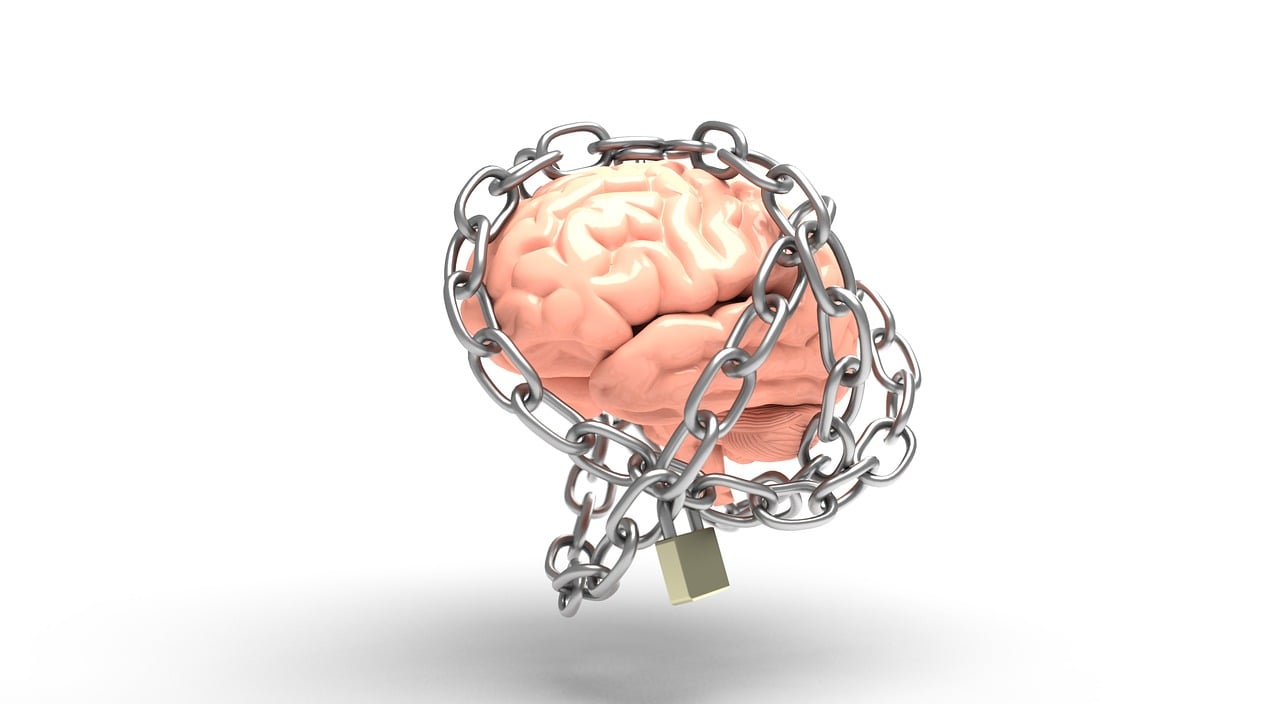Mental health is a topic that affects millions of people worldwide, yet it is still plagued by misconceptions and stigmas. Dispelling these myths and promoting accurate information is crucial in creating a culture that encourages people to seek support when they need it. In this article, we will explore common mental health myths and present the facts to help break the stigma surrounding mental illness.
Myth: Mental illness is a sign of low intelligence
Fact: Mental illness, like physical illness, can affect anyone regardless of intelligence, social class, or income level. Intelligence is not a determining factor in developing a mental health condition. Mental illnesses stem from a combination of biological, psychological, and environmental factors, and they can impact individuals of all backgrounds.
Myth: Mental health only needs attention if you have a diagnosed condition
Fact: Taking care of your mental health is important for everyone, not just those with diagnosed mental health conditions. Just as we engage in healthy habits and seek medical care to optimize our physical health, it is essential to actively promote well-being and improve our mental health. Prioritizing self-care, managing stress, and seeking support are beneficial for everyone, regardless of their mental health status.
Myth: Poor mental health is not a significant issue for teenagers
Fact: Mental health problems are prevalent among teenagers, and they should not be dismissed as mere mood swings or attention-seeking behavior. Fourteen percent of adolescents worldwide experience mental health problems, and suicide ranks as the fifth most common cause of death among those aged 10-15. Half of all mental health conditions start by the age of 14, emphasizing the importance of early intervention and support for young people.
Myth: Nothing can be done to prevent mental health conditions
Fact: While it is true that not all mental health conditions can be prevented, many protective factors can reduce the risk of developing such conditions. Strengthening social and emotional skills, seeking early help and support, fostering supportive family relationships, and promoting positive school environments and healthy sleep patterns can all contribute to mental health resilience. Overcoming adversity often relies on a combination of protective factors, both external and internal.
Myth: Mental health conditions are a sign of weakness
Fact: Having a mental health condition has nothing to do with weakness or lacking willpower. Mental illnesses are medical conditions that individuals do not choose to have. Recognizing the need for help and accepting support requires great strength and courage. It is essential to understand that anyone can develop a mental health condition, regardless of their perceived strength or resilience.
Myth: Academic success and popularity protect against mental health conditions in adolescents
Fact: Mental health conditions, such as depression, can affect individuals regardless of their academic achievements or social popularity. The complexity of mental health goes beyond external appearances. Academic pressure, challenges in personal relationships, and internal struggles can contribute to mental health issues, even in individuals who appear to have a “perfect” life. It is crucial to avoid making assumptions based on external factors and to support individuals who may be silently struggling.
Myth: Mental conditions in adolescents are solely caused by bad parenting
Fact: Mental health difficulties in adolescents can arise from a variety of factors, such as poverty, exposure to violence, migration, and adverse circumstances. While parenting plays a role in adolescent well-being, it is not the sole determining factor. Adolescents from loving and supportive homes can still experience mental health challenges, just as those from less supportive environments can thrive. Caregivers can play a vital role in supporting adolescents, but mental health conditions are influenced by a combination of factors.
Myth: Mentally ill individuals are violent and dangerous
Fact: The vast majority of individuals with mental health conditions are not violent or dangerous. In fact, they are more likely to be victims of violence than perpetrators. The media often portrays individuals with mental illness as inherently violent, perpetuating harmful stereotypes. It is essential to challenge these misconceptions and recognize that mental health conditions do not define an individual’s character or propensity for violence.
Myth: People with mental health problems are unable to work
Fact: Individuals with mental health problems are just as capable of working and being productive as anyone else. Hiring individuals with mental health conditions is not a liability but an opportunity to create a diverse and inclusive workforce. Employers who hire people with mental health conditions often report positive outcomes, including good attendance, punctuality, motivation, and job tenure. With the right support and accommodations, individuals with mental health conditions can thrive in the workplace.
Myth: Seeking help for mental illness leads to social ostracization
Fact: Seeking help for mental illness is a courageous step towards healing and well-being. While stigmas still exist, it is crucial to challenge societal constructs that stigmatize individuals with mental illness. Opening up about mental health challenges can break down barriers, increase awareness, and promote understanding. Supportive individuals and communities play a vital role in creating an environment where seeking help is encouraged and celebrated.
Myth: Mental illnesses are lifelong and incurable
Fact: Recovery is possible for individuals with mental health conditions. Studies show that many people with mental illnesses get better and even recover completely. Recovery refers to the process in which individuals can live, work, and participate fully in their communities. With the right treatment, support systems, and self-care practices, individuals with mental illnesses can lead fulfilling and meaningful lives.
Myth: Mental health conditions can be solved through willpower alone
Fact: Mental health conditions cannot be overcome through willpower alone. They require comprehensive treatment approaches that may include medication, therapy, lifestyle changes, and support networks. Mental illnesses are complex and multifaceted, often involving biological, psychological, and social factors. It is important to recognize that seeking help and engaging in treatment is a sign of strength, not weakness.
By dispelling these myths and promoting accurate information, we can create a society that supports and understands individuals with mental health conditions. Let’s break the stigma surrounding mental illness and foster a culture of compassion, empathy, and acceptance. Together, we can make a difference in the lives of those living with mental health challenges.



